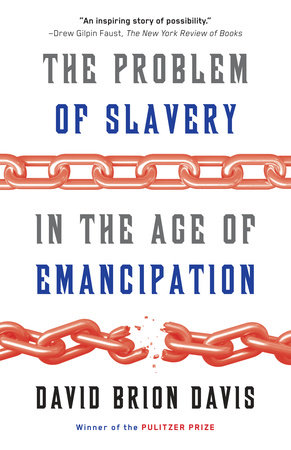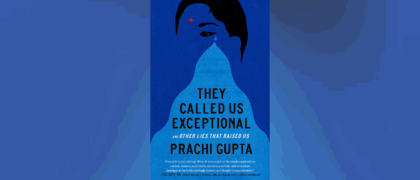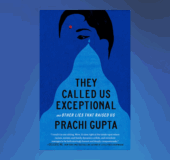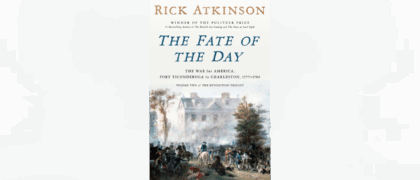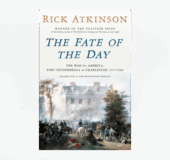David Brion Davis, distinguished author and historian, passed away on Sunday, April 14th 2019, at the age of 92.
Davis was Sterling Professor of History Emeritus at Yale University, and founder and Director Emeritus of Yale’s Gilder Lehrman Center for the Study of Slavery, Resistance, and Abolition. Throughout his career, he wrote and edited sixteen books. His accolades as an author were vast: receiving such recognitions as the Pulitzer Prize in 1967, the National Humanities Medal presented by President Obama in 2014, and the Anisfield-Wolf Book Award and National Book Critics Circle Award in 2015.
Davis’s landmark trilogy, described by Eric Foner as “one of the towering achievements of historical scholarship of the past half-century,” features The Problem of Slavery in Western Culture, The Problem of Slavery in the Age of Revolution, and The Problem of Slavery in the Age of Emancipation—each title thoroughly examining the political history and moral philosophy behind slavery in the Western world.
Dr. Foner wrote reverently of Davis: “No one did more to inspire the revolution in historical understanding that places slavery at the center of American history and indeed the history of the West.”
Davis’s commendable dedication to the history of slavery shed light on the nature of humanity and our need to strongly uphold the rights and humanity of others. His influence as a historian and writer remain unquestionable.
“Many humans still love to kill, torture, oppress, and dominate. Moral progress seems to be historical, cultural, and institutional, not the result of a genetic improvement in individual human nature. . . . So an astonishing historical achievement really matters. The outlawing of chattel slavery in the New World, and then globally, represents a crucial landmark of moral progress that we should never forget.” —David Brion Davis, The Problem of Slavery in the Age of Emancipation


